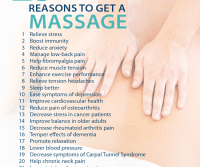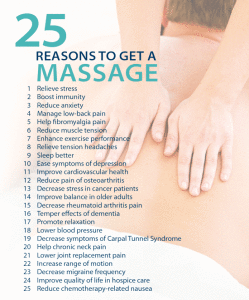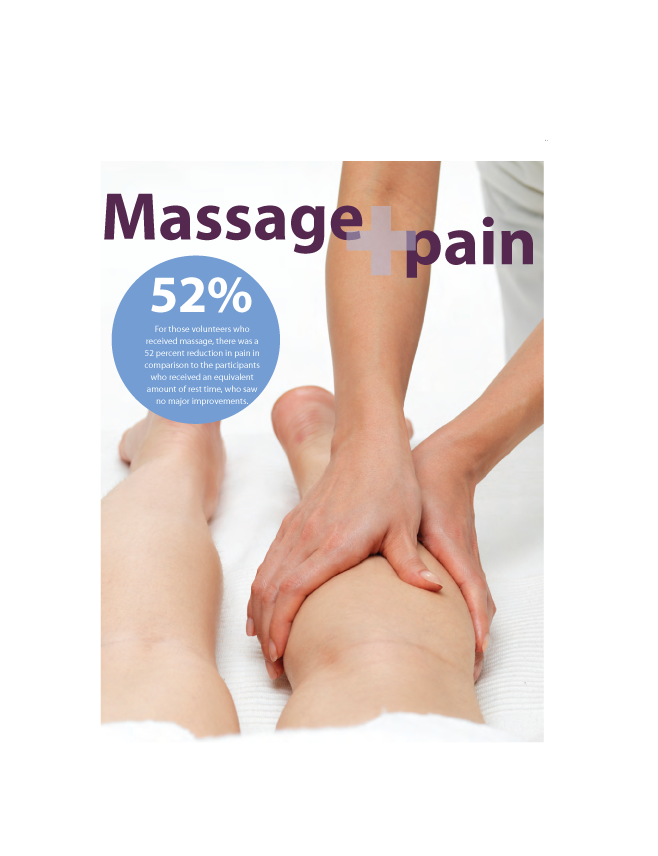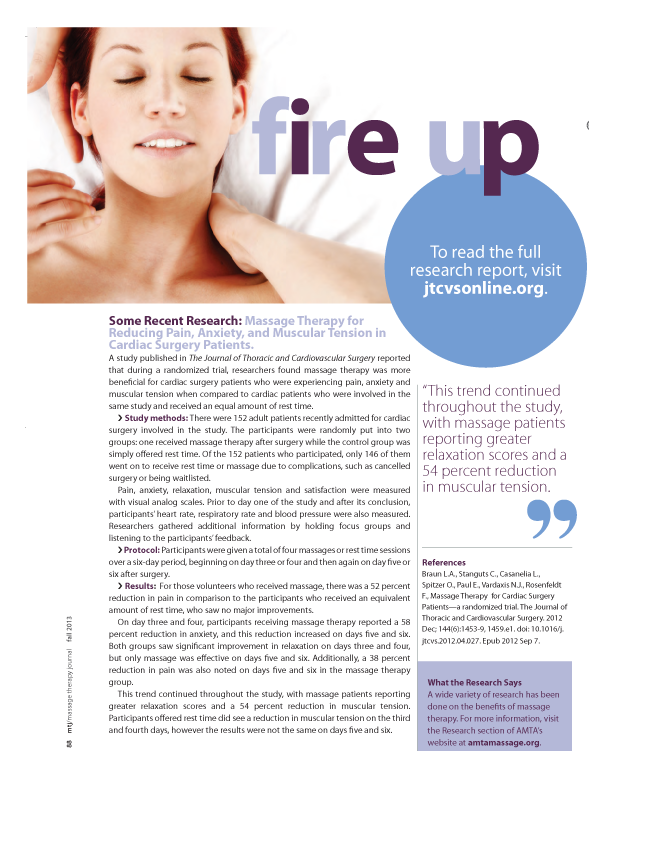These days, many people are feeling the effects of an energy crisis. Not one within our environment—but one within our own bodies.
As a health and sleep expert, I know how important it is to get optimal sleep and feel well-rested.
That’s why I’m sharing five big issues behind our great energy depression and key tips to help turn it around:
1. Your sleep cycles aren’t optimized.
Even if you get the recommended seven to eight hours of sleep, you can still wake up feeling like a piñata after the party if you don’t optimize your sleep cycles.
Your sleep cycles are approximately 70 to 100 minutes each, cycling through phases of REM and non-REM sleep, plus all of the stages in between. Each phase is correlated with specific regeneration or detoxification of cells and organs throughout your body.
Factors like elevated cortisol (stress) levels and unstable blood sugar levels can throw off your sleep cycles. It doesn’t matter how much time you spend in bed if your sleep cycles are not healthy. Disrupted REM sleep, for example, has been found to be associated with mild psychological struggles such as irritability and difficulty concentrating.
How to fix it
Research suggests that getting more sunlight exposure in the morning can decrease cortisol levels later in the evening. You should also eat a well-balanced diet that’s focused on real food and avoid processed foods—good nutrition is foundational to keeping your blood sugar stable at night. A healthy diet can also help provide you with a number of key nutrients you need for great sleep, including potassium and vitamin D.
2. You’re deficient in crucial nutrients.
Your lack of energy could also be due to a lack of key nutrients. The main source of energy in our cells is something called adenosine triphosphate, or ATP. ATP is essentially the currency that runs your body’s economy, but it can’t make any real transactions without the banker. And that banker is magnesium.
Though ATP is the main source of energy in cells, it must be bound to a magnesium ion (Mg) to be biologically active. So, ATP is really Mg-ATP when it comes to making the magic happen in your body.
Magnesium is responsible for more than 300 enzymatic processes that help keep you energized and healthy.* If you’re deficient in magnesium, that’s more than 300 processes your body can’t effectively do. The end result is you feel totally wiped.
How to fix it
Magnesium gets zapped from your system pretty quickly because it’s involved in so much. To ensure you are supporting normal magnesium levels, a magnesium supplement can help.* There are also tons of delicious magnesium-rich foods like spinach, chard, and pumpkin seeds.
3. You’re not moving enough.
Don’t mistake the occasional workout for living an active lifestyle.
If you work out an hour a day and then sit around the rest of the time, you’re not much more active than the rest of the sedentary population. There’s even a new name for the growing class of people who try to balance out being desk-bound all day with some time in the gym: The Active Sedentary.
Of course, getting some exercise is clearly better than no exercise at all—but to bolster those energy levels we’ve got to get back to basics.
How to fix it
The reality is, we human beings don’t “get” energy; we create energy. By simply moving around, you can help combat your fatigue. If you’ve been sitting for a while, simply standing up and doing 50 jumping jacks or bodyweight squats will generate enough electrical wattage to instantly make you feel more energized. The positive boost in your hormones and neurotransmitters will make you feel more alive, too. Just try it out and see for yourself.
Set a timer on your phone to do two minutes of bodyweight exercises every 90 minutes. You’ll easily feel more charged up during the day.
4. You need to drink more fluids.
Cell dehydration can literally damage your DNA. Because of this, your brain and nervous system take dehydration very seriously. Even just a small drop in normal fluid balance in your body is enough to cause headaches and fatigue.
Most people hear about the importance of drinking plenty of water, but time and time again it’s overlooked as a reason for common health challenges. Your cells, tissues, and organs are all operating in a water medium. The more murky that water becomes, the more you start feeling symptoms of fatigue.
When you drink a glass of water, within mere minutes that water begins to become your blood and extracellular fluid and pushes out the used fluid that’s now littered with metabolic waste products. If you don’t drink enough water, then that stuff stays gummed up in your system. And you start to feel like a microwaved couch potato.
How to fix it
Make it a must to drink half of your body weight in ounces of water each day. So, a 150-pound person would make sure to get in 75 ounces, for example. Also, knock out a nice chunk of that first thing in the morning when you wake up: Give yourself an “inner bath” to start your day by drinking 20-30 ounces of water shortly after getting out of bed. This will set the pace and ensure that you become hydrated before the busyness of the day takes over.
5. Stress is getting the best of you.
According to research published in the Journal of the American Medical Association, as many as 80 percent of all physician visits are for stress-related issues. Stress is one of the biggest culprits in our mental and physical energy crisis today—and yet only three percent of patients receive stress management counseling during a doctor’s visit. Something definitely needs to change.
Stress suffocates your energy in a number of ways. With chronically elevated stress, your adrenal glands are forced to operate in maximum gear. This keeps cortisol and other stress hormones high. Excess cortisol leads to a surge of glucose to facilitate the perceived “fight-or-flight” situation you’re living in. This is your body’s attempt to make sure you’ve got the energy to run away from that man-eating lion (or run away from that overdue phone bill—because to your body, that stress is all the same).
How to fix it
Instead of running to caffeine or sugar for a pick-me-up, be more proactive in buffering stress in the first place. Simple breathing exercises can switch off your sympathetic (fight-or-flight) nervous system within a few seconds. Meditation, restorative yoga, massage therapy, and even moving meditations like qigong and tai chi are all clinically proven to reduce your body’s stress load and enhance energy and well-being.
Find a practice that works for you and implement it for just a few minutes a day. A simple 5-10 minute practice can buffer your brain and body against stress and ensure you have the energy to have the quality of life you deserve.
If you are pregnant, breastfeeding, or taking medications, consult with your doctor before starting a supplement routine. It is always optimal to consult with a health care provider when considering what supplements are right for you.
Original Article at:
https://www.mindbodygreen.com/0-25235/5-reasons-youre-tired-all-the-time-how-to-get-more-energy.html?mbg_mcid=777:5e2d10fb8b58b042197a82d6:ot:5c1c2caf9799ec3cc65ba021:1&mbg_hash=e11950d33442fe2323624aee4f33c0e9&utm_source=mbg&utm_medium=email&utm_campaign=daily_v2_20200126
Five Ways Massage Can Improve Your Health

Massage therapy is too often perceived as just a luxury, but it can play an important role in a health regimen. Here are five ways massage therapy can improve your health and wellness.
- Lower stress. The longterm effects of stress can take emotional and physical tolls. Massage therapy is proven to relieve stress and conditions associated with it, such as tension headaches.
- Increase immune function. Medical research indicates that massage therapy can help boost immune system strength by increasing the activity level of the body’s natural “killer T cells,” which fight off viruses.
- Boost mental health and wellness. Research suggests that symptoms of stress, anxiety and depression (all associated with mental health) may be directly affected with massage therapy.
- Manage pain. Pain can negatively affect a person’s quality of life and impede recovery from illness or injury. Recent findings highlight the role of massage in pain management.
- Improve physical fitness. Elite and recreational athletes alike can benefit from regular massage therapy—massage is proven to reduce muscle tension, improve exercise performance and prevent injuries.
For further info and links see HERE

Longer and warmer days offer the perfect backdrop to dust off the running shoes and embark on a new fitness goal. One unwanted side effect is increased muscle soreness. The good news is that integrating massage therapy into your health and wellness routine can help alleviate some discomfort.
In fact, research indicates that massage therapy reduces inflammation of skeletal muscle acutely damaged through exercise. The study, conducted by the Buck Institute for Research on Aging and McMaster University in Ontario, provides evidence for the benefits of massage therapy for those with musculoskeletal injuries and potentially for those with inflammatory disease, according to the lead author of the research.
- The study found evidence at the cellular level that massage therapy may affect inflammation in a way similar to anti-inflammatory medications.
- The researchers “found that massage activated the mechanotransduction signaling pathways focal adhesion kinase (FAK) and extracellular signal–regulated kinase 1/2 (ERK1/2), potentiated mitochondrial biogenesis signaling [nuclear peroxisome proliferator–activated receptor γ coactivator 1α (PGC-1α)], and mitigated the rise in nuclear factor κB (NFκB) (p65) nuclear accumulation caused by exercise-induced muscle trauma.”1
Get the full story HERE
Massage Therapy for Chronic Low-Back Pain
Research released in July 2011 expanded on previous studies demonstrating the effectiveness of massage therapy for chronic low back pain. Researchers found that “patients receiving massage were twice as likely as those receiving usual care to report significant improvements in both their pain and function”. The study was conducted over 10 weeks through Group Health Research Institute.
- Participants had a 60-minute massage once a week for 10 weeks.
- Massage patients also said they reduced the amount of over the counter anti-inflammatory medications they took.
- The study compared both relaxation massage and “structural massage” therapy and found no difference in the results from the type of massage given.
Cherkin DC, Sherman KJ, Kahn J, Wellman R, Cook AJ, Johnson E, Erro J, Delaney K, Deyo RA. A comparison of the effects of 2 types of massage and usual care on chronic low back pain: a randomized, controlled trial.
Ann Intern Med. 2011 Jul 5;155(1):1-9.
Massage Therapy for Inflammation After Exercise
Research through the Buck Institute for Research on Aging and McMaster University in Hamilton, Ontario indicates that massage therapy reduces inflammation of skeletal muscle acutely damaged through exercise. The study provides evidence for the benefits of massage therapy for those with musculoskeletal injuries and potentially for those with inflammatory disease, according to the lead author of the research.
- The study found evidence at the cellular level that massage therapy may affect inflammation in a way similar to anti-inflammatory medications.
- The researchers “found that massage activated the mechanotransduction signaling pathways focal adhesion kinase (FAK) and extracellular signal–regulated kinase 1/2 (ERK1/2), potentiated mitochondrial biogenesis signaling [nuclear peroxisome proliferator–activated receptor γ coactivator 1α (PGC-1α)], and mitigated the rise in nuclear factor κB (NFκB) (p65) nuclear accumulation caused by exercise-induced muscle trauma.”
J. D. Crane, D. I. Ogborn, C. Cupido, S. Melov, A. Hubbard, J. M. Bourgeois, M. A. Tarnopolsky, Massage Therapy Attenuates Inflammatory Signaling After Exercise-Induced Muscle Damage. Sci. Transl. Med. 4, 119ra13 (2012).
Massage has recently been proven to reduce pain and anxiety in surgery patients.
Massage works by soothing soft tissue and encouraging relaxation. Modern studies show that massage can successfully treat a range of disorders, including back pain, anxiety and high blood pressure. Different types of massage include aromatherapy massage, massage for babies, reflexology, shiatsu massage, remedial massage and relaxation massage.
Massage is perhaps one of the oldest healing traditions. Many cultures – including the Ancient Greeks, Egyptians, Chinese and Indians – were convinced of the therapeutic properties of massage and used it to treat a variety of ailments.
The skin is the largest organ of the human body and is packed with nerve endings. Massage works by soothing soft tissue and encouraging relaxation. Massage is especially effective in treating ‘vicious cycle’ complaints. For instance, a tension headache is often self-sustaining because the pain makes the sufferer clench the affected muscles even harder. This, in turn, creates more pain. A thorough neck and shoulder massage can release muscle tension and break the pain cycle.
For treatment of disorders
Modern studies have shown that massage can be used to successfully treat a variety of disorders, including:
- Anxiety
- Arthritis
- Back or neck pain
- Soft tissue injuries
- Chronic pain
- Constipation
- Depression
- Headache
- High blood pressure
- Insomnia.
Benefits of massage
One of the immediate benefits of massage is a feeling of deep relaxation and calm. This occurs because massage prompts the release of endorphins, the brain chemicals (neurotransmitters) that produce feelings of wellbeing. Levels of stress hormones, such as adrenalin, cortisol and norepinephrine, are also reduced. Studies indicate that high levels of stress hormones impair the immune system.
Some of the physical benefits of massage include:
- Reduced muscle tension
- Improved circulation
- Stimulation of the lymphatic system
- Reduction of stress hormones
- Increased joint mobility and flexibility
- Improved skin tone
- Speedier healing of soft tissue injuries
- Heightened mental alertness
- Reduced anxiety and depression.
Reference: http://www.betterhealth.vic.gov.au/bhcv2/bhcarticles.nsf/pages/Massage

























